Manage my passport? What's to manage, you may be thinking. Well, nowadays there are lots of…
October 30 Travel News Review…
Panama Tentatively Reopening
This may be of particular interest to me because I work for a Panamanian company, but Tocumen International Airport in Panama City re-opened on October 12 and volume has steadily been increasing above and beyond expectations. As a result, the airlines have recommended that travelers arrive three hours in advance to check in and get through security and bio sanitary protocols due to Covid-19.
The Panama Civil Aviation Authority has announced that nationals, residents and foreigners who enter the country and do not have documentation of a negative Covid test can now take the test in the terminal upon arrival for $50. Travelers will be able to obtain the results in approximately 20 to 30 minutes. Tocumen is one of the first airports anywhere to offer arrival testing, especially at such a reasonable price.
Free Testing: Iberostar Hotels & Resorts
Iberostar Hotels & Resorts has announced a new program that offers free PCR tests for those exhibiting Covid symptoms and a free extension of your stay for up to 10 days while you quarantine. Travel Press notes that this applies to Iberostar’s properties in Mexico, Jamaica, Dominican Republic and Brazil.
The Travel at Ease program provides isolation rooms along with constant medical monitoring and contactless room service available 24/7 with personalized and nutritionist supervised meals. If that weren’t impressive enough, in case of an early departure, guests will receive a full refund and complimentary airport transfer.
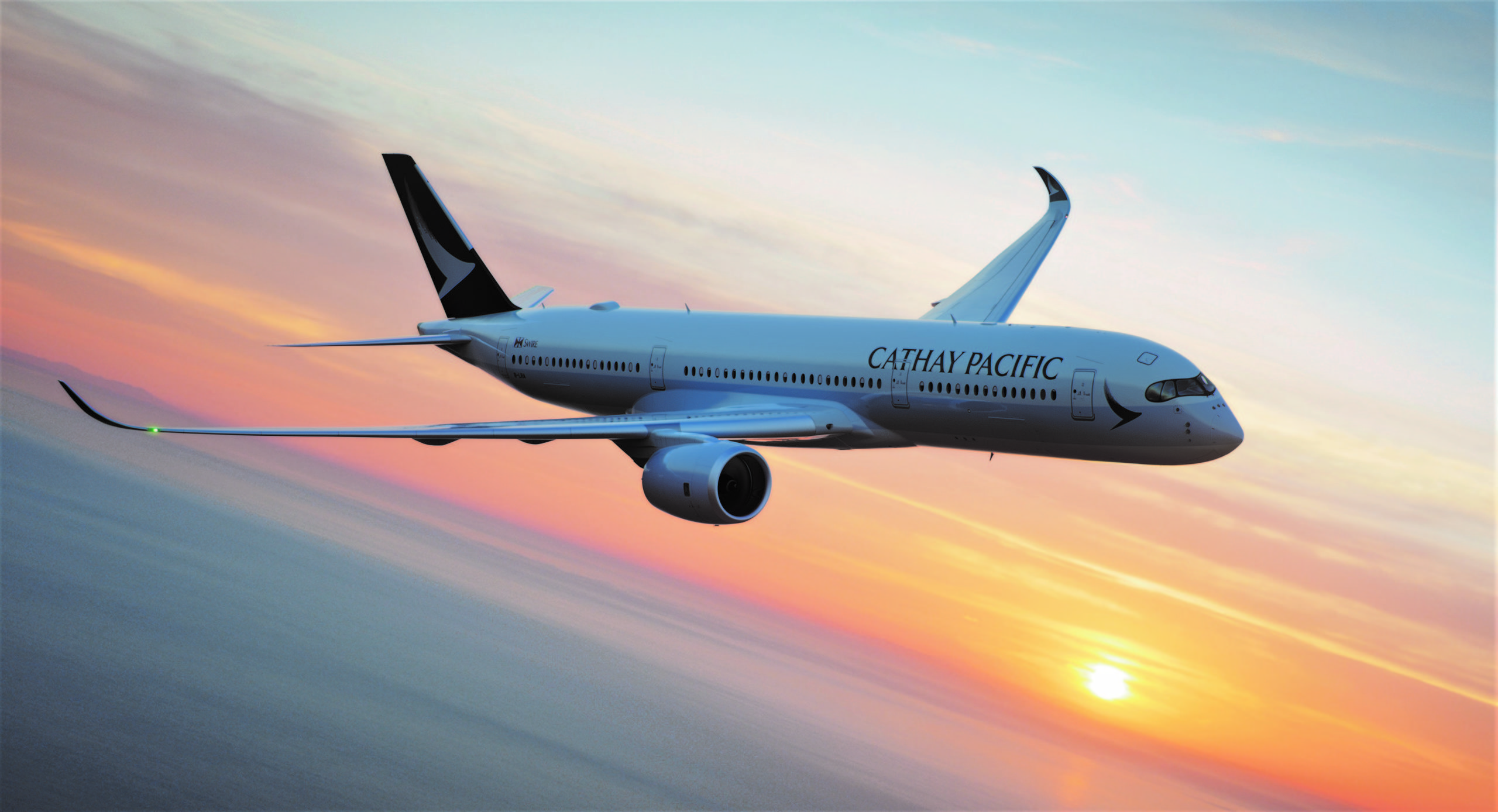
Harvard Study – Low Inflight Covid-19 Risk
As reported in Business Travel News, the risk of inflight Covid-19 transmission is low, provided passengers remain masked throughout the flight and maintain social distancing when boarding and deplaning, according to a study this week by Harvard University’s public health school. The “gate-to-gate” study was completed by the Harvard T.H. Chan School of Public Health’s Aviation Public Health Initiative.
“Our team found that, together with their high-performing ventilation systems, the actions that the airlines put in place—including mandatory use of face masks—significantly reduce risks of viral transmission aboard an airplane,” said Initiative co-director Leonard Marcus.
“The risk of COVID-19 transmission onboard aircraft [is] below that of other routine activities during the pandemic, such as grocery shopping or eating out,” the Harvard researchers concluded.
This study confirms the findings of a Department of Defense study announced earlier this month. As of today, the Centers for Disease Control has not reported a single confirmed case of Covid-19 transmission on a U.S. airplane.
Read related: Just How Safe Is It To Fly?

France, Germany Return to Lockdown
“Much of the European bloc reopened its borders to select countries at the beginning of July, but recent spikes have led many countries to reintroduce measures to curb the spread of infection and reimpose travel constraints on their neighbors,” reports Northstar Meetings Group.
France entered a nationwide lockdown today that will continue through December 1. Banned are gatherings and nonessential businesses. Leaving your home requires filling out a permission form.
German Chancellor Angela Merkel has announced her country will enter a partial lockdown on November 2 through the end of the month. Gatherings are limited to 10 people from no more than two households. Restaurants will be limited to serving takeout. Most other businesses where people gather (bars, theaters and gyms) will be closed.
Italy, Wales and Ireland announced similar lockdowns earlier this month.
Biometric Screening for U.S. Visas?
The White House is considering having all visitors and immigration applicants provide fingerprints and potentially other biometric information before they apply for U.S. visas according to the Wall Street Journal. The biometric data would be entered into a central database in order to process online visa applications.
On the one hand, there has certainly been an abuse of the visa process, especially by short-stay and education visa holders and we need to get control of that. On the other hand, there is a concern that American travelers will be punished by the rest of the world with similar requirements and that this will stifle tourism travel world-wide.
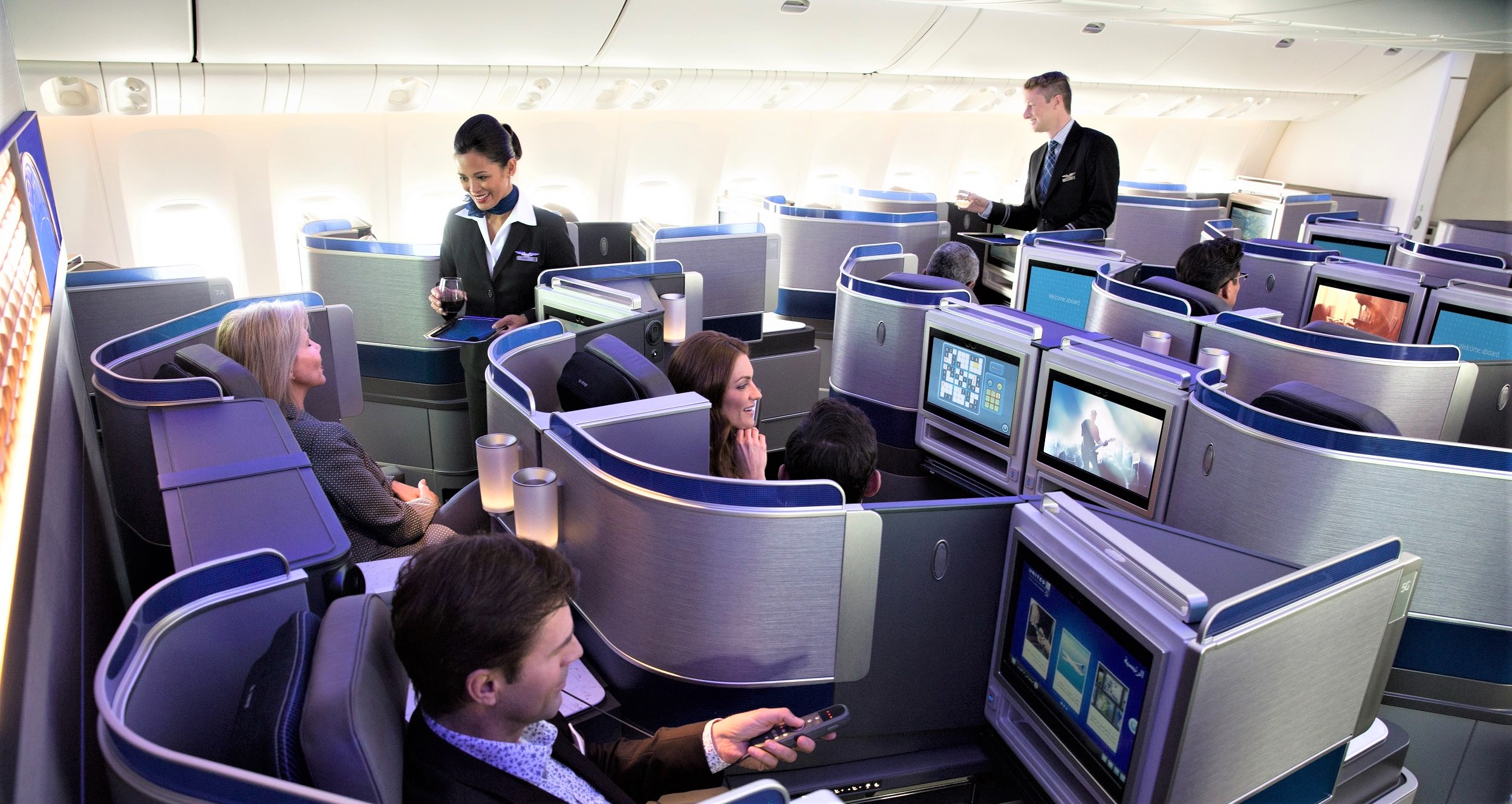
Webinar With United Executives
On October 28, I was invited to participate in a webinar with United Airlines executives sponsored by Travel Weekly. Here are the key take-aways:
- Mark Weithofer, Director for Domestic Planning and Capacity Forecasting said that while they don’t have a specific timeline, United will bring back the Boeing 737 MAX by end-of-year or early next year.
- Like most airlines, United suspended inflight services including water. Managing Director for Innovation and Solutions, Maria Walter, said they will soon resume beverage and snack sales on select flights to test new Covid-friendly procedures. They will also be piloting a return to full beverage service on flights out of Denver.
- Capitalizing on the much stronger increase in tourist travel, United is adding more point-to-point flights this Winter and Spring to Southern locales, especially Florida. 29 new flights will focus on Florida locations through April 1. A major driver of this initiative is that point-to-point routes play to consumers’ concern over potential health impacts from additional time in airports associated with multi-segment trips.
- When asked about middle seat blocking, Maria referenced the recent Department of Defense study that concluded there was no significant risk of Covid infection even if all seats are occupied. She noted that Southwest and other airlines have already announced they will no longer block middle seats beginning in the near future.
Over 60 Countries Open to Americans
While most countries are not yet open for tourism, especially Americans, over 60 countries and U.S. territories have opened up and are eagerly awaiting the return of U.S. tourists. Nearly half of these destinations are in the Caribbean and Latin America, but a good number are in Africa, the Middle East, Eastern Europe and Southwest Asia.
I can’t say I’m ready to book a trip to Pakistan, Belarus or Zimbabwe but at least they are indicative of an opening world tourism economy. The countries on this list will come and go as the plague ebbs and flows across the globe, but we will have more and more options as time goes on.
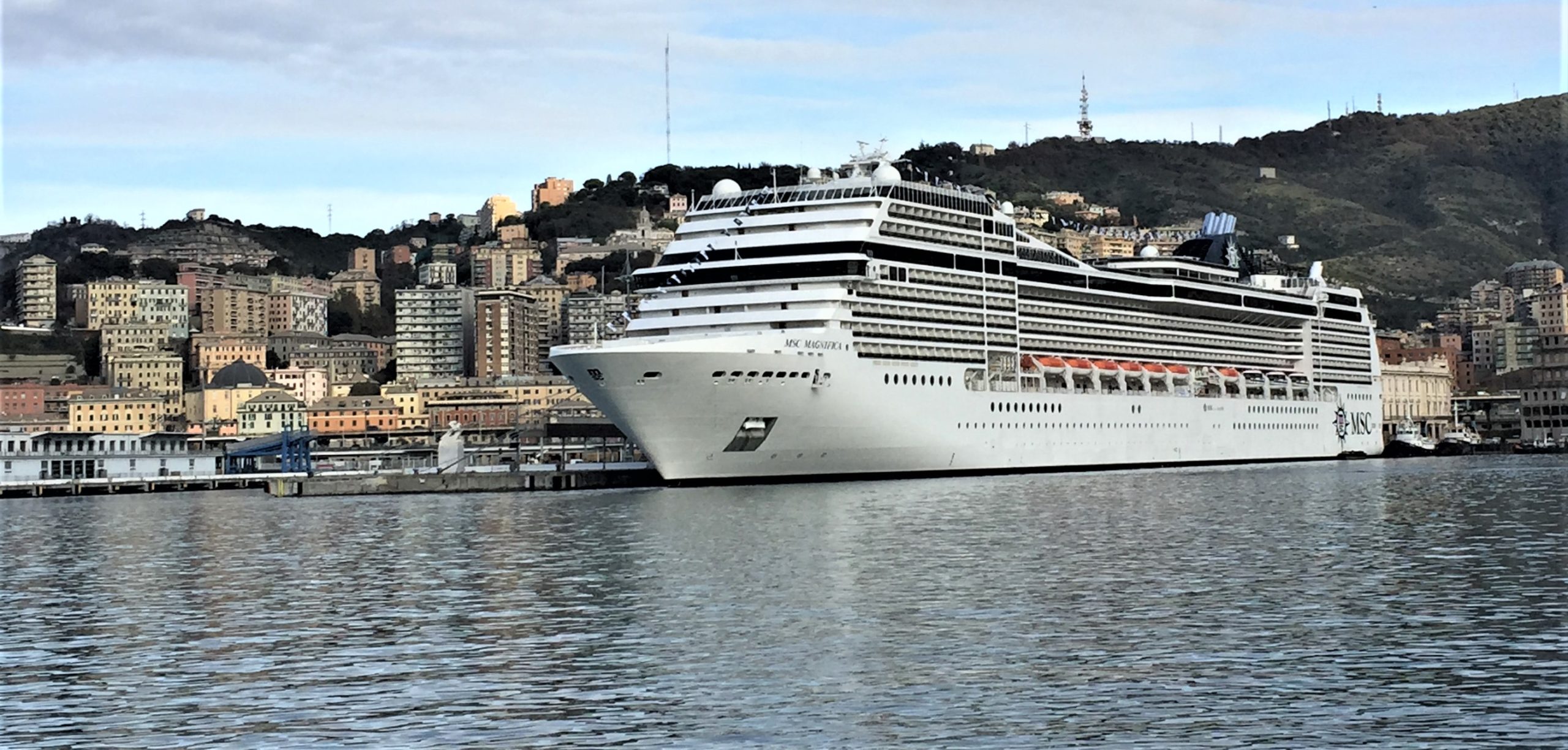
Cruising Continues to Take A Hit
While some cruising is returning to Europe and there is strong pent-up demand, the industry as a whole is essentially shut down for the foreseeable future. A warning issued by the Centers for Disease Control on October 21 states, “CDC recommends that travelers defer all cruise travel worldwide.”
The current no-sail order expires tomorrow. The cruise industry as a whole has taken enormous losses; Royal Caribbean just announced it posted its third quarterly billion-dollar net loss this year.
The CDC added, “CDC typically posts travel health notices for countries and other international destinations, not transportation, such as ships, airplanes, or trains. Because of the unprecedented nature of the novel coronavirus pandemic, and the increased risk of transmission of COVID-19 on cruise ships, the U.S. government is advising U.S. travelers to defer all cruise travel.”
Travel Pulse noted that the Oct. 21 date suggests the CDC is reinforcing its earlier decision even as limited cruising has resumed in Europe. While some European cruise lines have announced a continued halt of operations, the MSC Magnifica has just become the second MSC line ship to return to service and will feature cruises from Genoa, Italy in the Mediterranean.
A sister ship, the MSC Grandiosa, was the first major cruise ship to come online when it resumed service in August. Thus far, the Grandiosa has had nine cruises with Covid testing before boarding for all passengers and crew.
Long-term Travel Trends
The latest Amex Trendex report from American Express surveyed consumers in seven countries found that only 40% plan on traveling over the holidays, but (no surprise here) most anticipate traveling in 2021. 60% said their goal is to travel more in 2021 (that shouldn’t be hard) and 67% said they are saving more for their next trip as a result of the Covid crisis.
Other results bode well for high-end lodging and Airbnb-type accommodations. 64% said they are more likely to take a relaxing vacation vs. a physical activity-centric one. Moreover, 80% are looking to book vacations that are less crowded or provide access to private lodgings.
Similar trends were found by an analysis of American Express Travel client bookings; card users are seemingly sensitive to the ever-changing travel climate and are making more last-minute bookings. This trend applies to both hotel and air bookings.
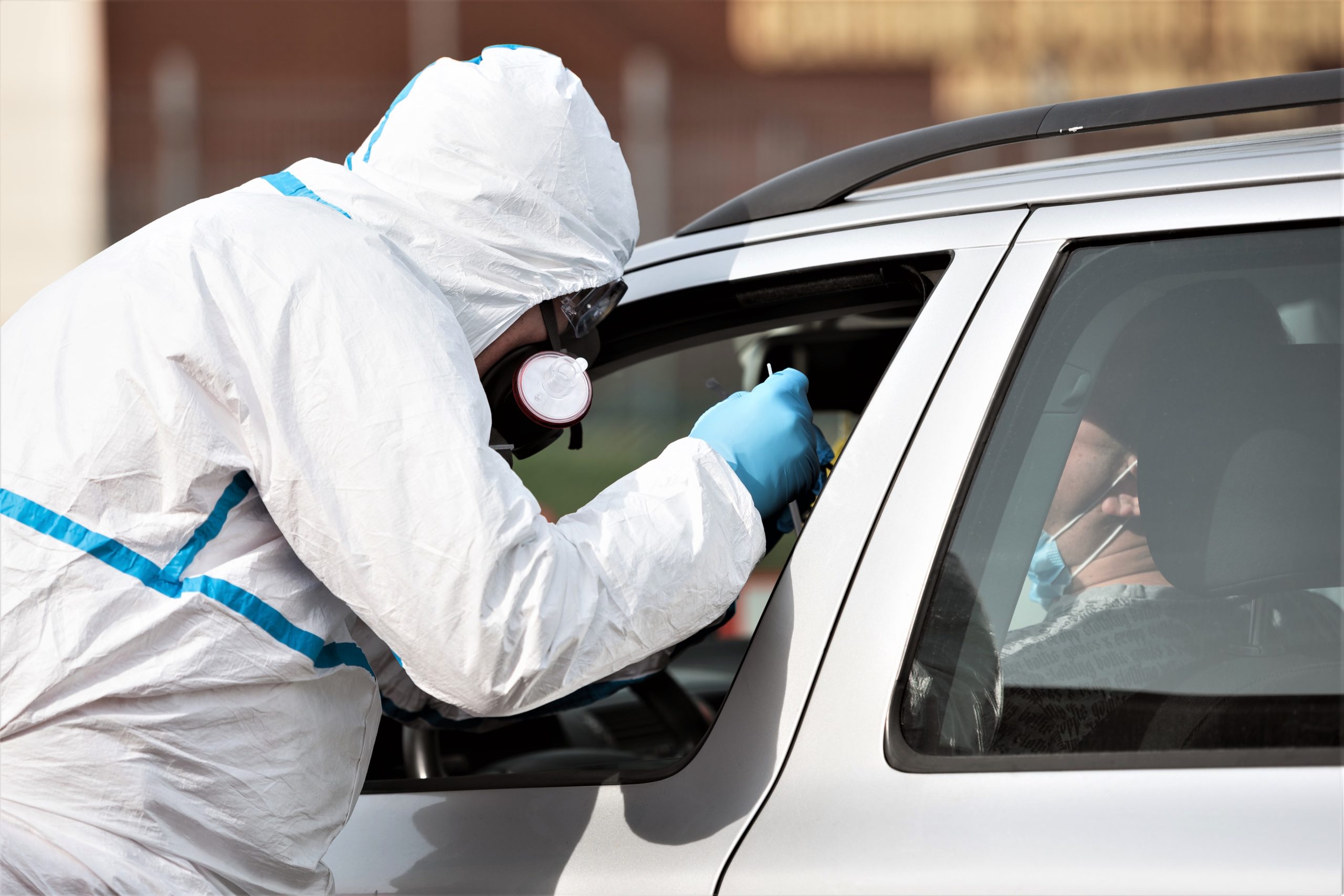
Advances in Covid-19 Testing
As the technology and availability of Covid-19 testing rapidly change, the travel world is scrambling to adapt so that consumers can resume traveling with a degree of confidence. For example, New York’s LaGuardia Airport has rolled out free Covid testing; unfortunately, it is a PCR nasal swab that takes three to five days to get results.
For its part, United Airlines is partnering with Premise Health to conduct free rapid testing for select flights from Newark Liberty International Airport to London Heathrow. If a traveler declines to be tested, they will be booked on an alternative flight, ensuring that every passenger on the “Covid-free” flights have been tested.
Testing has become widely available at Walgreens and CVS pharmacies in the U.S. and now Boots Pharmacy in the United Kingdom is offering a rapid test with results in twelve minutes. At a cost of £120 it’s not cheap but will certainly make travel easier since most destinations that demand pre-arrival testing require that it be completed within 72 hours of travel.
Changes in Hotel Amenities
A recent edition of Hotel Management suggests that there may be long-term changes in how hotels meet the needs of their guests in the pandemic era. Here are a handful of the twenty actions hotels can take to appeal to health-concerned guests:
- Set up water bottle filling stations. Water fountains aren’t seen as sanitary and disposable bottles aren’t eco-friendly.
- Keyless entry for rooms. More hotels will choose to use mobile phones as guestroom keys to maintain safe distances and minimal contact.
- Infrared patio heaters. High-intensity patio heaters extend the usability of outdoor spaces and seating capacity during colder weather.
- Offer “clean bags” to guests that include wipes to let guests sanitize phones/room keys after passing through public areas, as well as in guestrooms.
- Giftshop expansion. Offering more sundry and food-and-beverage sales to give guests 24/7 access to fresh food items.
- Back to single-serve bathroom products. After the major chains began eliminating the small shampoo, body wash and hand lotion products over the last couple of years, the eco-friendly trend of large shampoo bottles used by guest after guest likely will slow down while the pandemic lasts.
- Bespoke amenities. Incoming guests will be able to request individually packaged snacks and drinks, making sure everything in the minifridge is just what they want.
Many of these items are likely to remain after the pandemic, but they all appeal to the traveler who wishes to minimize human contact while traveling. I can see these being especially important for business travelers in the short-term.

As an avid traveler, Brian has explored and enjoyed cultural encounters in over 40 countries while spending many years refining The Points Game — using credit card sign-up bonuses and other tricks to get nearly free travel. Getting the most out of every trip is an art and Brian launched My Travel Traxx to help others enjoy the art of travel.

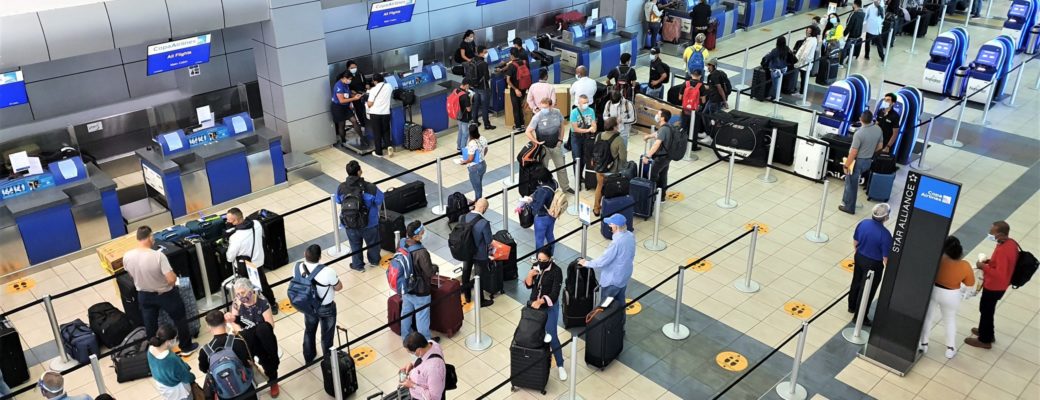
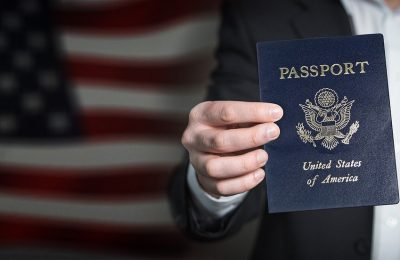
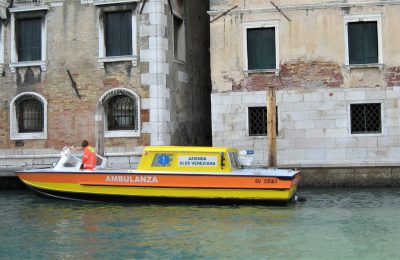
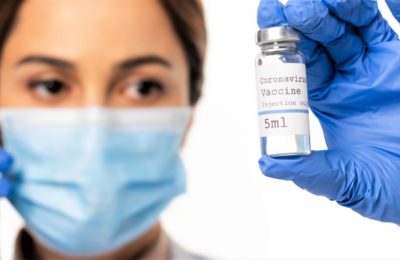
Comments (0)